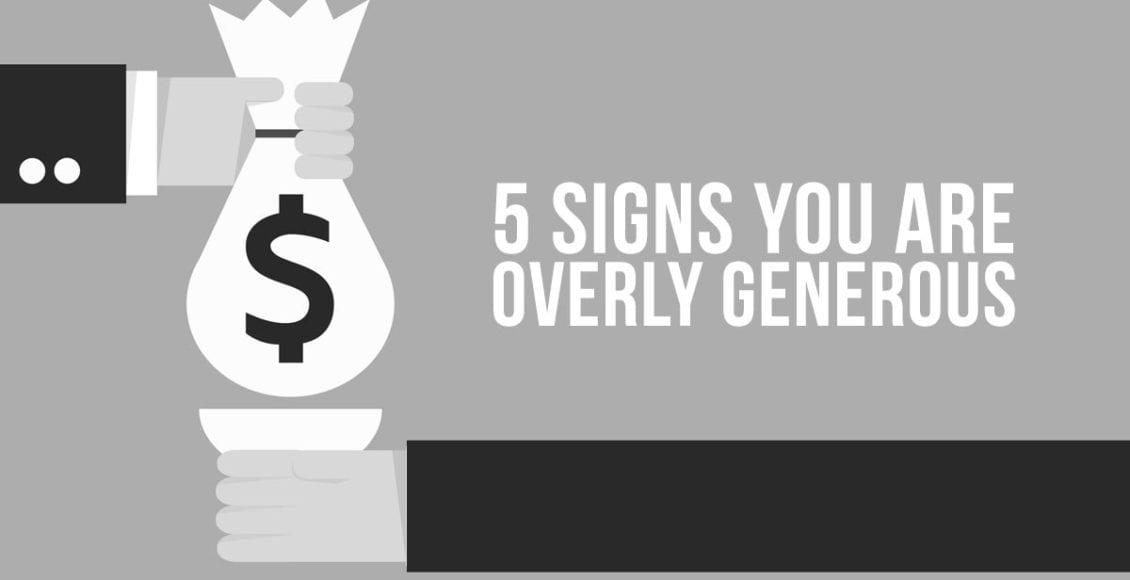“People who love themselves come across as very loving, generous and kind…” so said Sanaya Roman in Living with Joy: Keys to Personal Power and Spiritual Transformation.
It can, however, be difficult to love yourself if you are so busy being loving, generous, and kind, especially in today’s world.
The modern era greets us with a sense of must be done RIGHT NOW!! and we feel as if we don’t attend to that sense we’re doing it wrong.
I heard a friend tell a story the other day about the first time she ever flew in an airplane; she was flying with her very young children and read the part on the safety card about putting your own mask first before you attend to your children. She said she initially thought “that’s SO selfish” but then when she thinks about it now, it’s correct: you have to get your mask on first before you help your kids so that you don’t potentially pass out while helping your kids. That way you don’t have an unconscious adult, kids freaking out, the plane’s personnel who now need to be re-diverted to that area to help that person, etc. It’s actually much less selfish to take care of your kids’ masks after you put on your own.
We run into this conundrum a lot: we want to give, but we can’t give tirelessly or endlessly or there would be nothing: time, energy, money, to help others. (If you’re a fan of comedic literature, David Sedaris does a dark and rather twisted take on this in the story “Christmas means Giving” which you can find in the book Holidays On Ice.)
Here are five signs that you are giving too much of yourself:
1. Your happiness is endangered
While there certainly is some amount of pleasure in helping others, people who give too much often end up with unintended consequences like anxiety or depression. If this looks like you, please stop what you’re doing and consult with a therapist.
2. You have too much drama in your life
Are you feeling like there might be too much drama in your life? It’s probably because you are so generous. Even for those who set a threshold for the level of drama they are willing to deal with, it can be easily overcome by people who you’re trying to be kind to. When you’re getting involved with people’s lives and stories, the amount of drama in your life increases. And vice versa. So it may be time to pare down your generosity so there is less drama in your life.
3. Too many people turn to you
While it’s nice to be asked for advice, you’ve got to have a cutting-off point. Make it a number of advice-seeking phone calls (“okay, I’ve had my tenth call today, I’m shutting off this phone!”) or a particular time (“I shut off my phone at eight o’clock, doesn’t that seem silly?! But since I started doing so I’ve noticed I sleep a lot better…”) Whatever it is, decide it and stick to it! You have to take care of YOU, too!
4. You have ZERO “me” time
Having no time to yourself doesn’t earn you a badge of selflessness honor; if you spend fifteen hours a day helping to feed and clothe the homeless you still don’t have enough time at the end of it all for some R&R, which are essential to your survival. Burning the candle at both ends sounds like you’re exercising generosity of spirit but really, you’re just dragging your spirit down. Your work & life will suffer from it. Consider dropping some things off your schedule if it’s overcrowded and attend to those that are really super-duper important to you.
5. You rarely say “no”
Again, this doesn’t win you any awards or give you any honors for being selfless. Being truly selfless means taking time to take care of yourself, so that you can be of utmost service to someone else. You can’t take care of anyone if you’re exhausted, drama-riddled, and about to have a nervous breakdown. You’ve got to take care of yourself first, and that means saying “no” more. Like, probably a lot more. Here’s what I started to do: I asked if I could call the person right back or if I was in person, I’d say I had to check my schedule and get back to them. Then I take a few minutes to take some really deep breaths and hold in my heart the idea of doing whatever it was I was asked. If the thought made me smile, I would usually try to do it. And if not, or if it made me feel bitter or upset or in drama at all, I would simply say that I wasn’t able to this time, but thanks for including me. And then let that go.
If you’re exhibiting any or all of these characteristics it may be a good idea, as put forth in #1, to see a mental health counselor or therapist to assist you with your issues of over-generosity.



